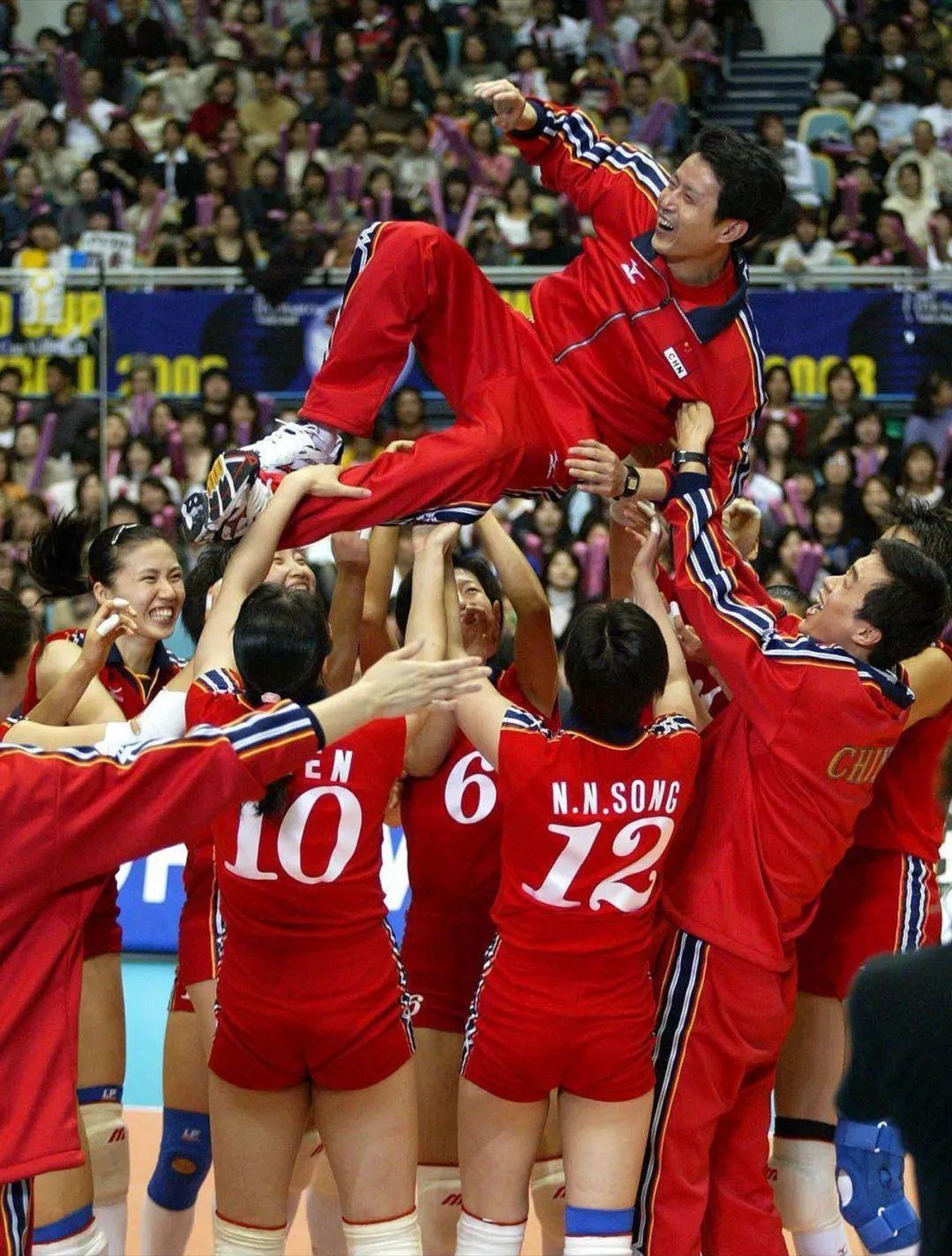Wei Jizhong, once hailed as the "founder of China's Olympic industry," has had his name etched on nearly every page of China's sports history. From assisting Beijing in its Olympic bid to promoting the industrialization of sports, he was a leading figure in the sports arena. However, he eventually became "blinded" by power and interests, personally forcing out Chen Zhonghe, suppressing Liu Guoliang, and even marginalizing Lang Ping... Today, Wei Jizhong is no longer seen as the hero who contributed to Chinese sports but as a villain filled with curses and doubts.
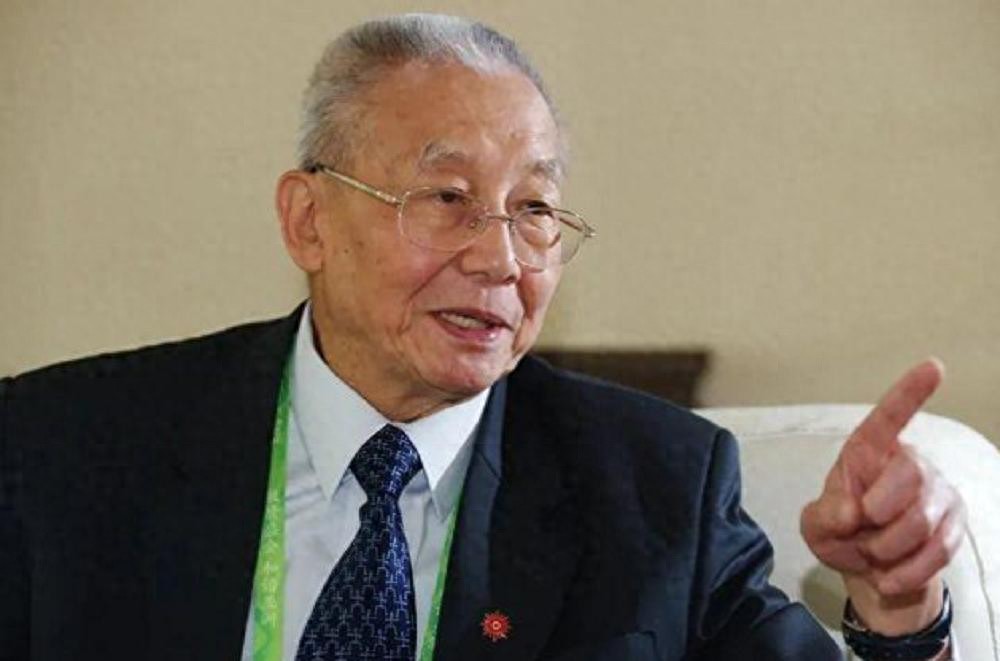
Why did he end up this way? Why is he accused of being a "villain in the sports world"?
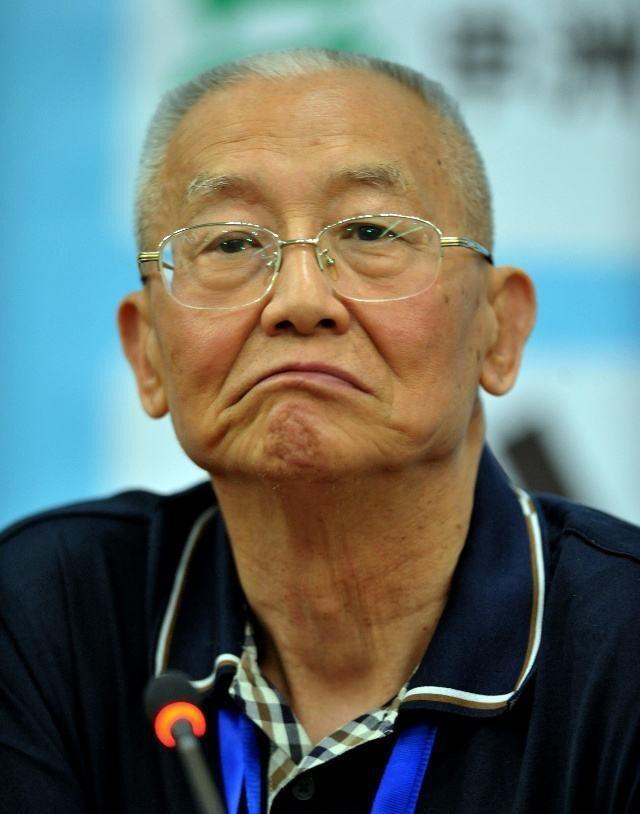
Wei Jizhong's name was once closely linked to the glory of Chinese sports. He rose from an ordinary sports official to the pinnacle of China's sports management. Especially during the process of helping Beijing bid for the Olympics, his contributions were indelible. Not only did he promote the modernization of the sports industry, but he also laid the foundation for the internationalization of China's sports cause. Some have called him the "founder of China's sports industry," which is not without basis. Wei Jizhong demonstrated remarkable foresight in management and played a crucial role in propelling Chinese sports onto the world stage. His decisions and leadership propelled China's Olympic endeavors to new heights, and his efforts enabled China to shine in multiple international sports events. Especially during the 2008 Beijing Olympics, he was almost one of the main driving forces behind the entire event. From then on, he wielded tremendous influence, not only in the formulation of domestic sports policies but also gaining a voice in the international sports circle.
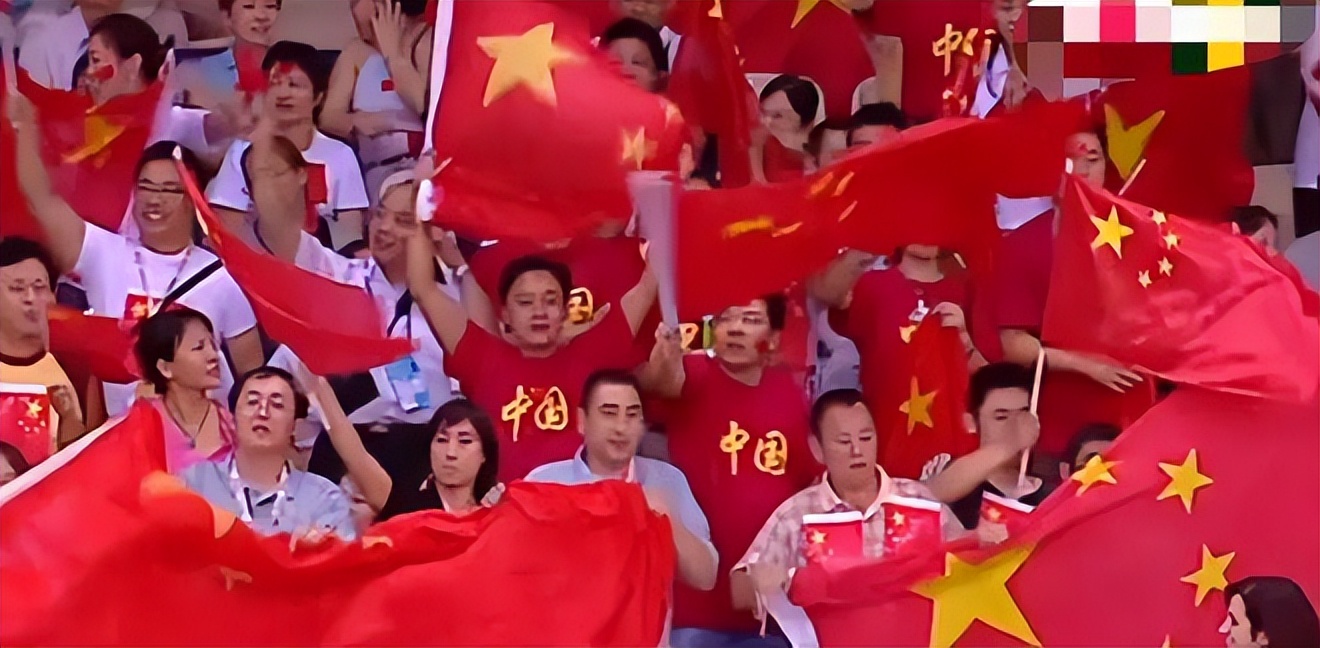
However, as his power expanded, Wei Jizhong's personality and working style gradually revealed undeniable flaws: a strong desire for control and a craving for power. After gradually taking control of the lifeline of Chinese sports, he seemed increasingly dissatisfied with the status quo. Always eager to intervene in everything, especially in coach selection and athlete management!

His excessive intervention, though once seen as "concern for sports development," also brought immense pressure to many athletes and coaches. More and more sports figures began to question whether his approach could truly promote the long-term development of Chinese sports? Also due to excessive intervention and overly tough methods, he gradually developed conflicts with many athletes and coaches. Those heroes who had made remarkable achievements for Chinese sports were actually squeezed out step by step under Wei Jizhong's intervention! This not only shocked the outside world but also caused many supporters in the sports world to feel distressed.

Wei Jizhong's interference in the sports world is most notably reflected in his conflicts with several Chinese sports superstars. Perhaps the biggest "political struggle" involving Wei Jizhong is his relationship with Chen Zhonghe. In 2001, Chen Zhonghe was appointed head coach of the Chinese women's volleyball team. Under his leadership, the Chinese women's volleyball team returned to the peak and won the gold medal at the Athens Olympics. Chen Zhonghe's success won the respect and love of fans, and he became one of the most respected coaches in the history of Chinese sports. However, Wei Jizhong seemed unsatisfied with Chen Zhonghe's leadership style. Despite Chen Zhonghe's obvious achievements, Wei Jizhong always held reservations about him, believing that he had shortcomings in management. Wei Jizhong repeatedly voiced his doubts about Chen Zhonghe's coaching ability, even suggesting that he had "improperly used people." Even after the 2008 Beijing Olympics, he took the opportunity to force Chen Zhonghe to resign and recommended Cai Bin to take over. However, Cai Bin's tenure did not bring the expected results... The women's volleyball team's performance plummeted under his leadership, even becoming a second-rate team in Asia at one point. All of this became clear evidence of Wei Jizhong's mistaken decision-making. This also left many people puzzled: why was Wei Jizhong so eager to push for a new coach instead of giving Chen Zhonghe more space? It is not difficult to see that Wei Jizhong's intervention actually exacerbated the women's volleyball team's difficulties, instead damaging the overall development of the Chinese women's volleyball team.
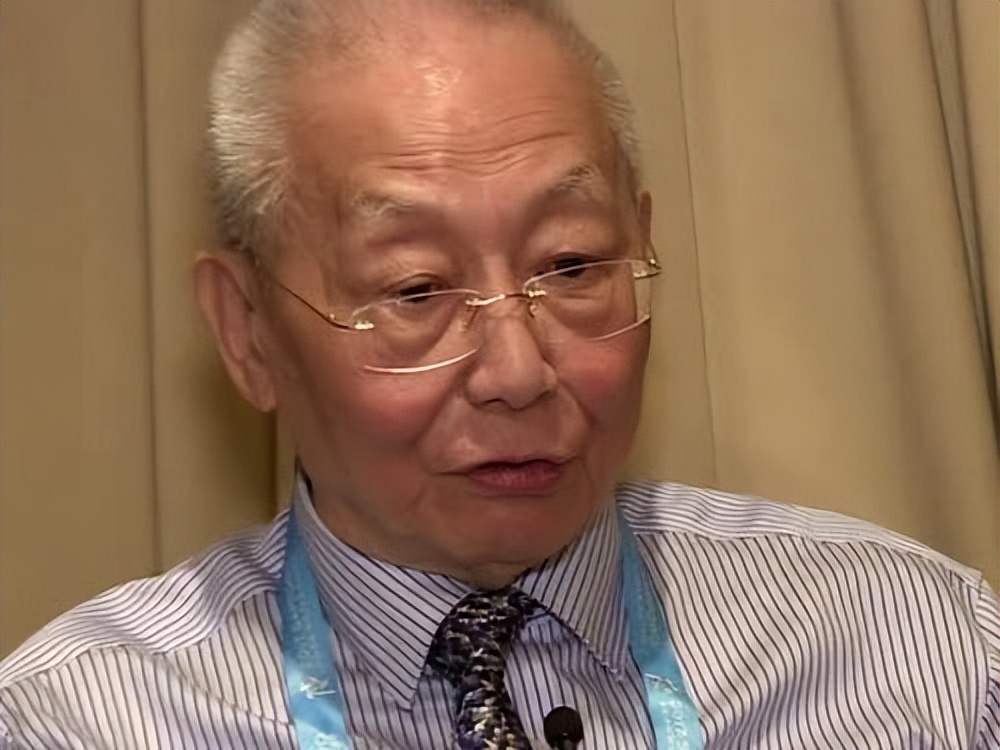
Moreover, Wei Jizhong's relationship with Lang Ping is even more complicated. As a legendary figure of the Chinese women's volleyball team, Lang Ping led the team to numerous victories in various international competitions. In 2008, Lang Ping chose to leave China to become the head coach of the American women's volleyball team, which Wei Jizhong also expressed dissatisfaction with. When Lang Ping hoped to return in 2013, Wei Jizhong raised doubts, believing that she was growing older, the workload was too intense, and it would be difficult for her to continue to shoulder the responsibilities of a coach. Wei Jizhong hoped the women's volleyball team would get some "fresh blood," but this statement immediately met with strong backlash from the public, with some netizens directly denouncing him for disrupting the stable development of the women's volleyball team.

Even more shockingly, Wei Jizhong's suppression of Liu Guoliang was equally surprising. Liu Guoliang is an absolute legend in Chinese table tennis, leading the Chinese table tennis team to countless glories under his leadership. However, Wei Jizhong proposed demoting Liu Guoliang at the peak of his career and even publicly criticized him. Ultimately, Liu Guoliang's resignation became a significant loss for Chinese table tennis. Regardless of Liu Guoliang's contributions, Wei Jizhong still insisted on pushing his own management philosophy, which resulted in a brief slump for the table tennis team. These actions, seemingly for "reform," were actually to strengthen Wei Jizhong's control over the sports world. His practices not only plunged many projects into chaos but also severely affected the careers of athletes and coaches.

And his reputation and power were slowly destroyed by himself...

The late-life storm of public opinion surrounding Wei Jizhong originated from his constant interference in the operations of Chinese sports. Although he repeatedly defended himself as "being concerned about the development of sports," he apparently underestimated the public's resentment towards his actions. At the age of 80, he should have been enjoying a peaceful retirement, yet he continued to meddle in various decisions in the sports world. Especially in coach appointments, this led to him being repeatedly criticized by the public. In 2017, Wei Jizhong published an open letter attempting to justify his actions, but his words exposed his disregard for public opinion. To many netizens, Wei Jizhong had long exceeded the scope of a "sports manager." His actions were more driven by personal desires for power and control rather than genuine concern for the sports cause. Ultimately, these controversies completely shattered Wei Jizhong's reputation. The once highly respected leader in the sports world has now become a "villain in the sports arena." He is increasingly seen as one of the biggest obstacles to Chinese sports. All the past glory and contributions seem insignificant in the face of this series of negative news. Although Wei Jizhong's contributions to the sports world cannot be denied, everything he did in his later years has transformed him from a "hero in the sports arena" to a "villain in the sports arena." From Chen Zhonghe, Lang Ping to Liu Guoliang, the athletes and coaches Wei Jizhong overturned and suppressed have ultimately embroiled him in endless controversy. It can be said that his life experienced a transformation from "hero to failure, reputation lost" in his later years. Wei Jizhong, the man who once made remarkable achievements for Chinese sports.
